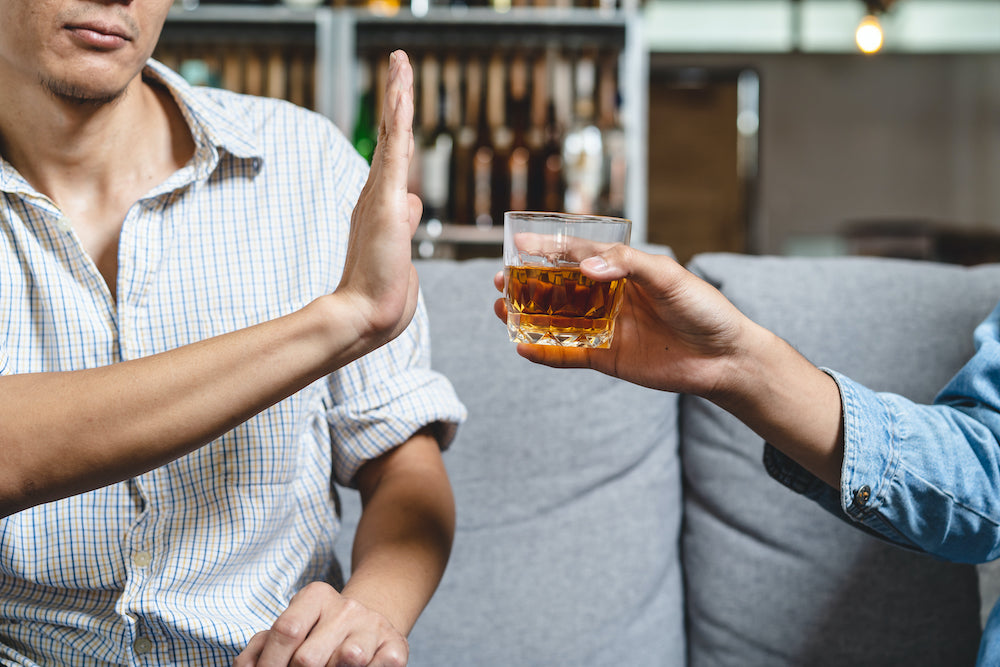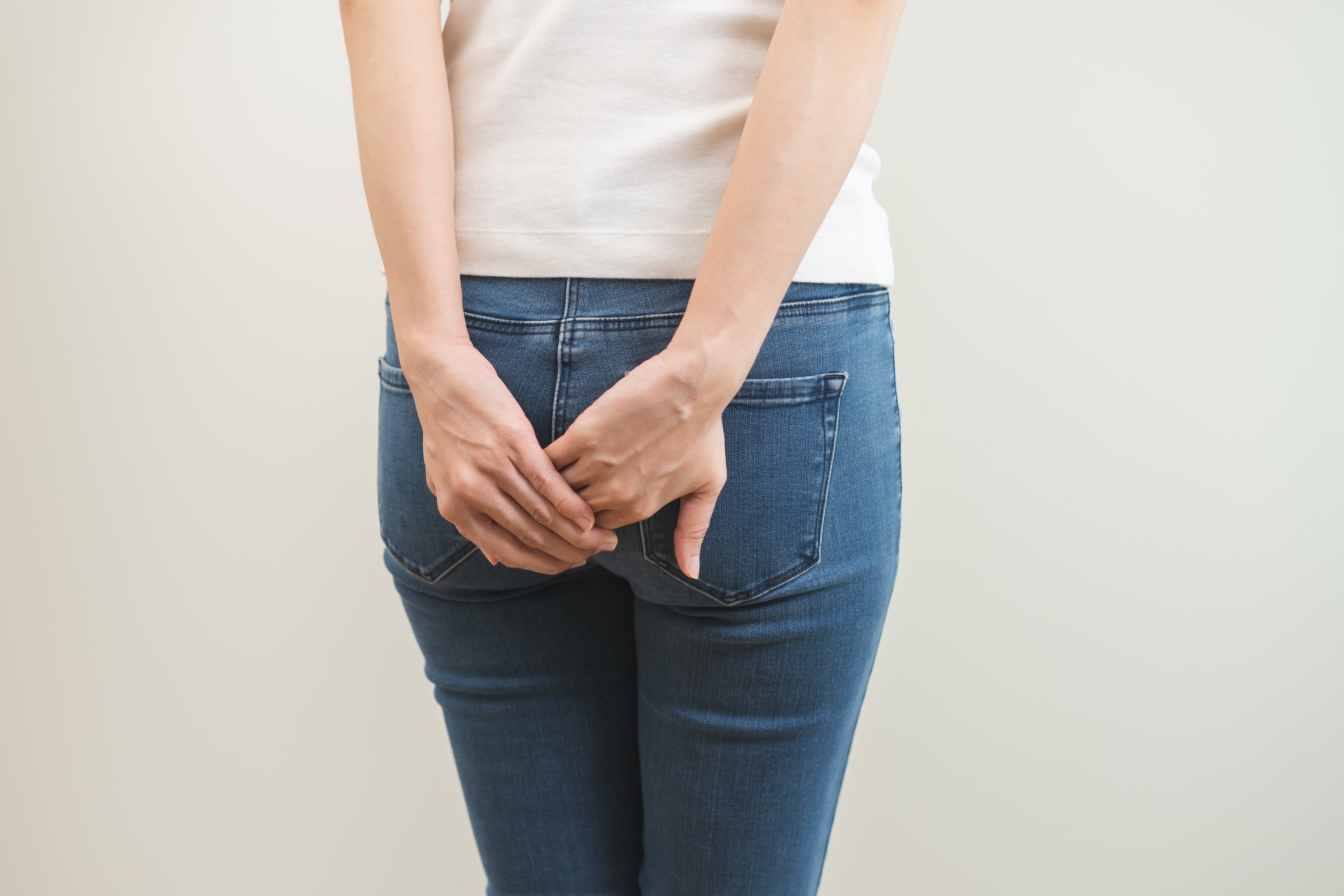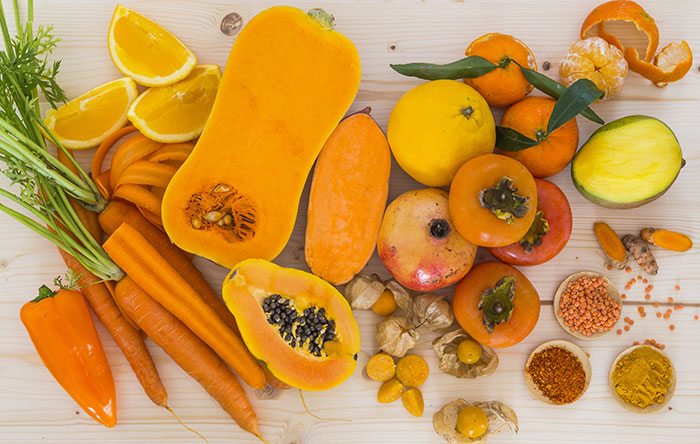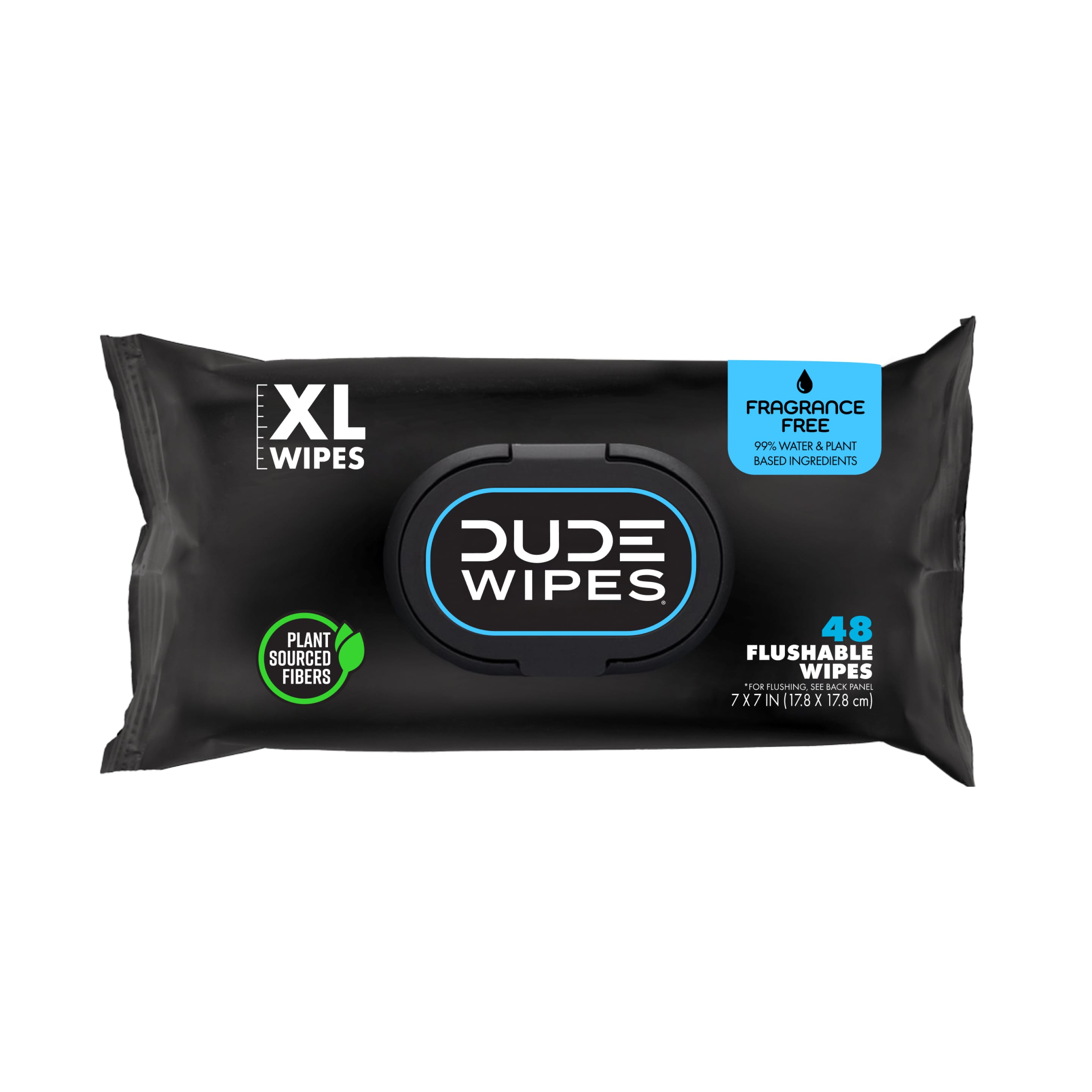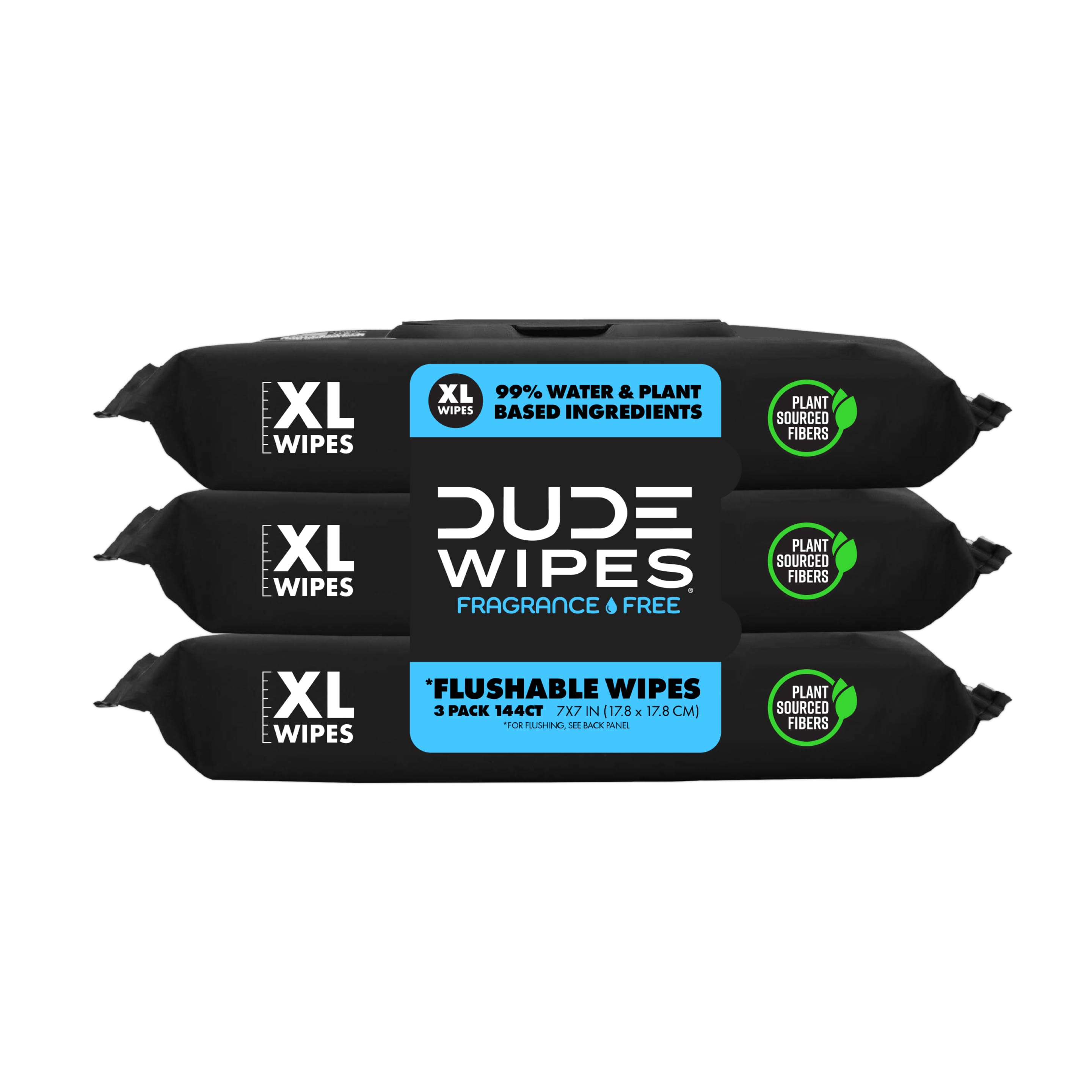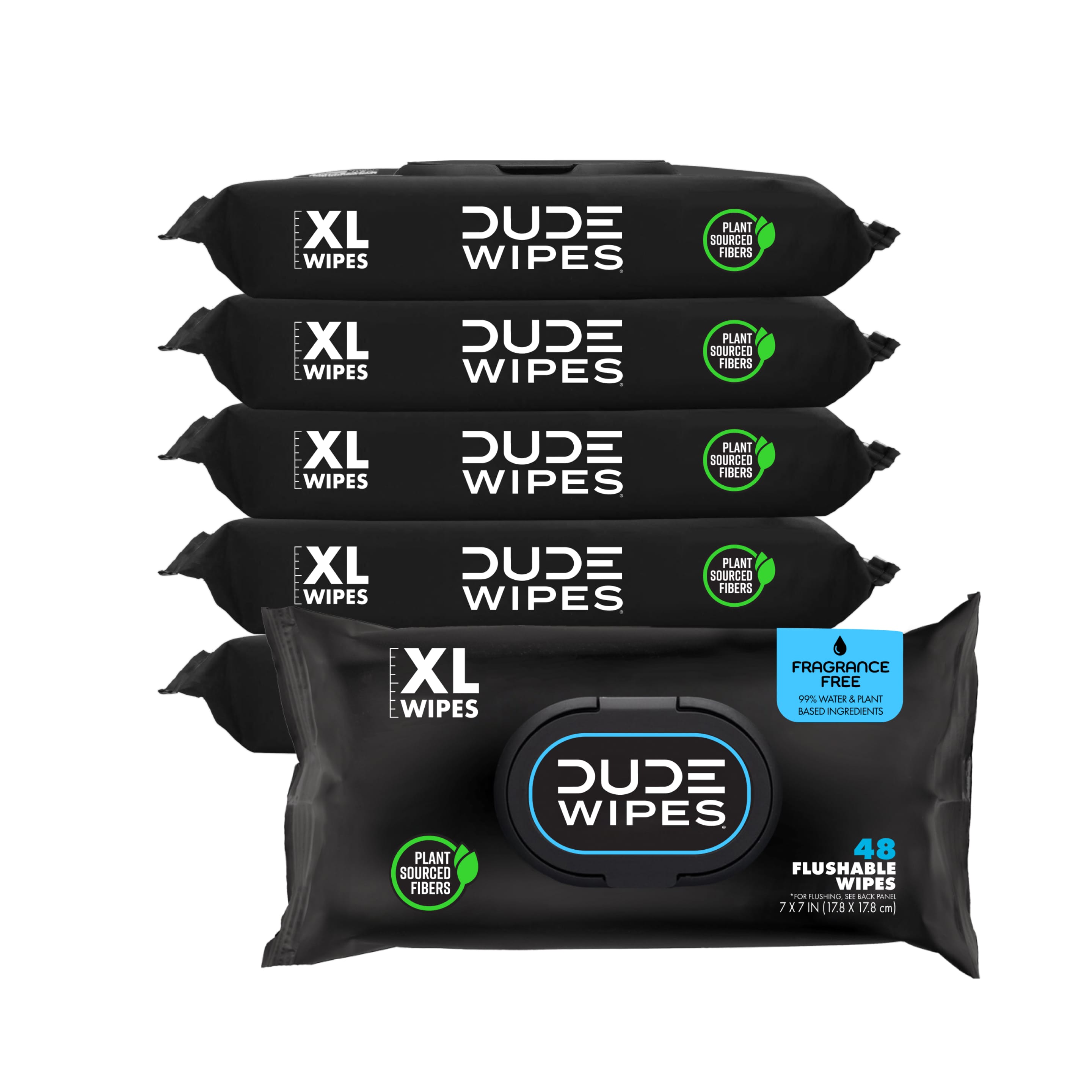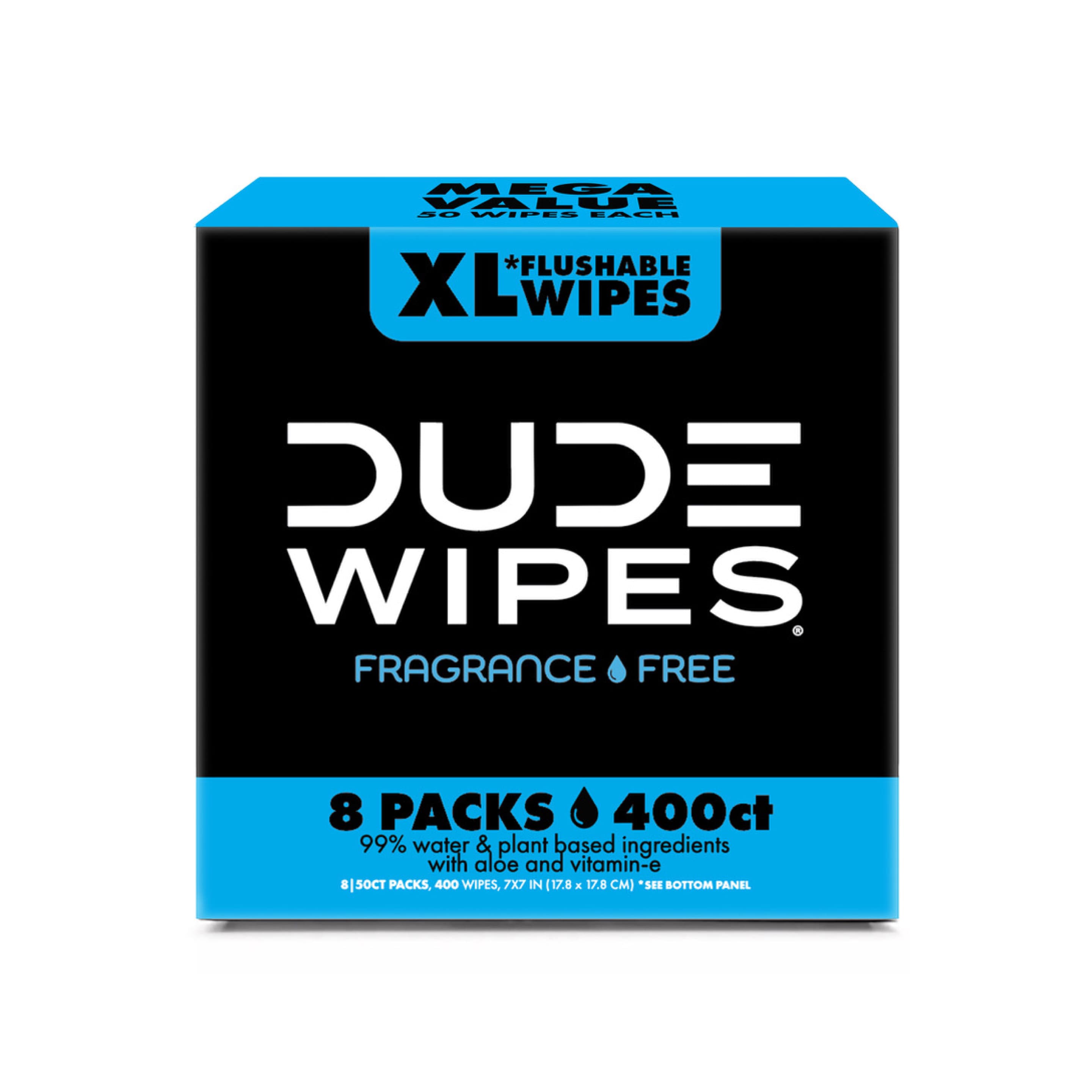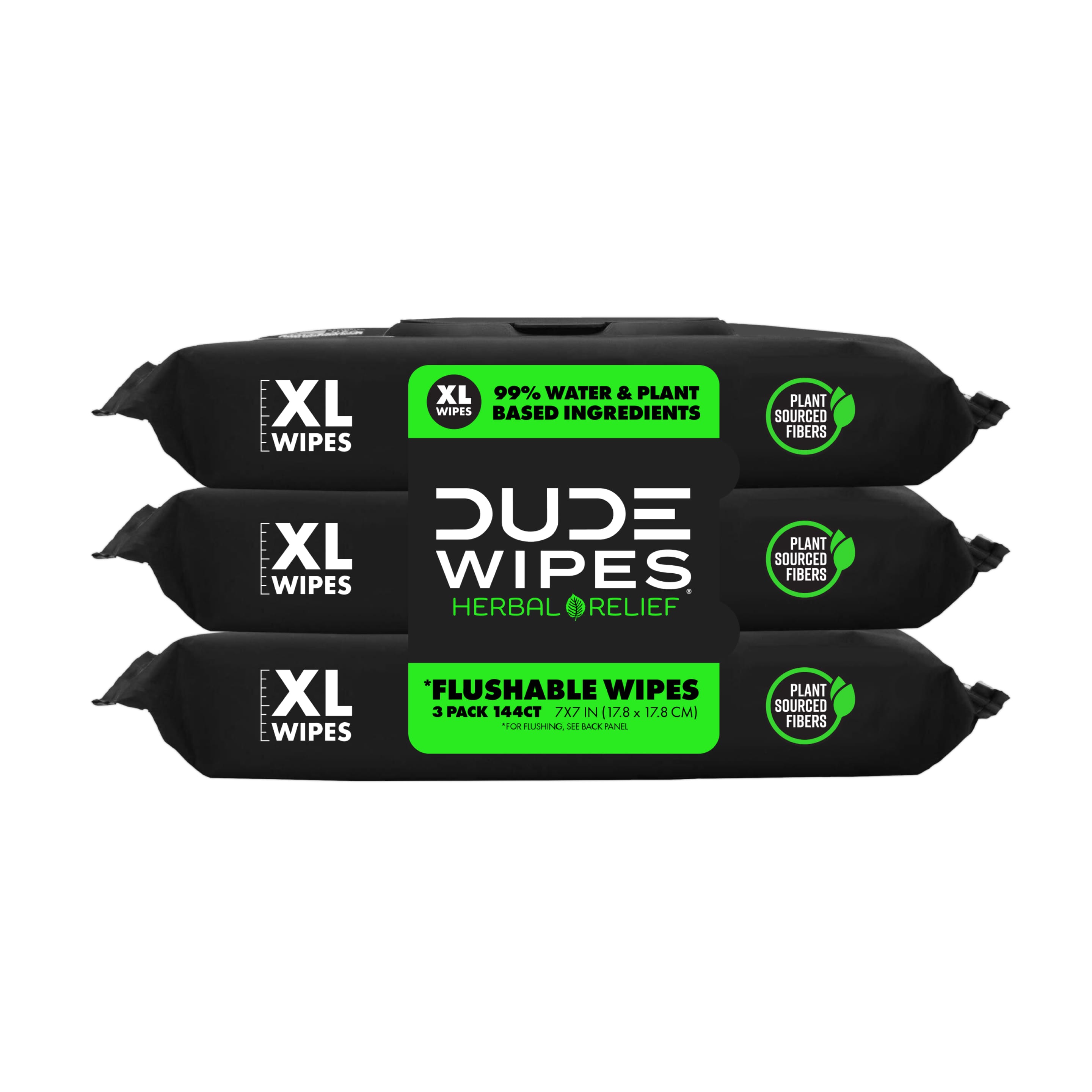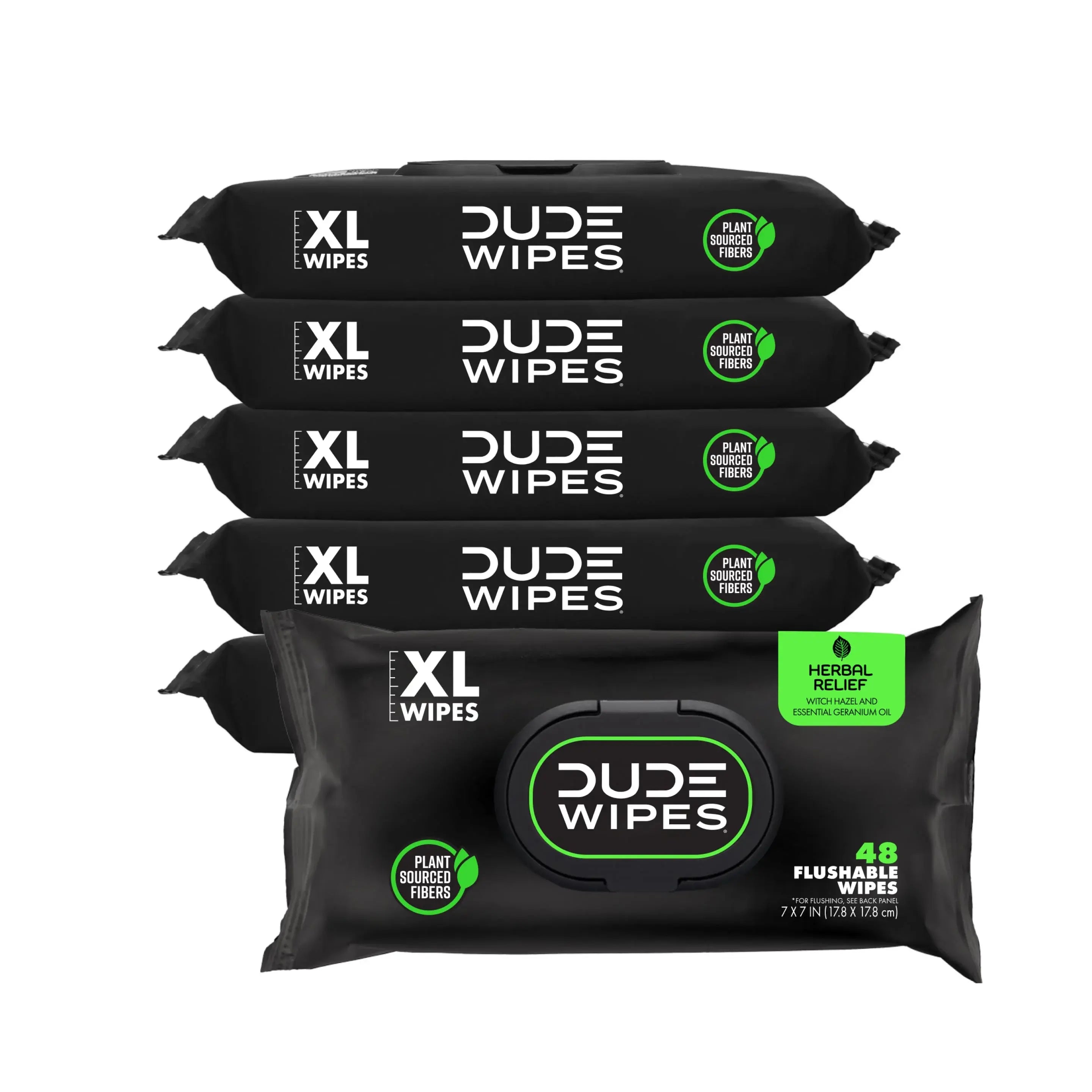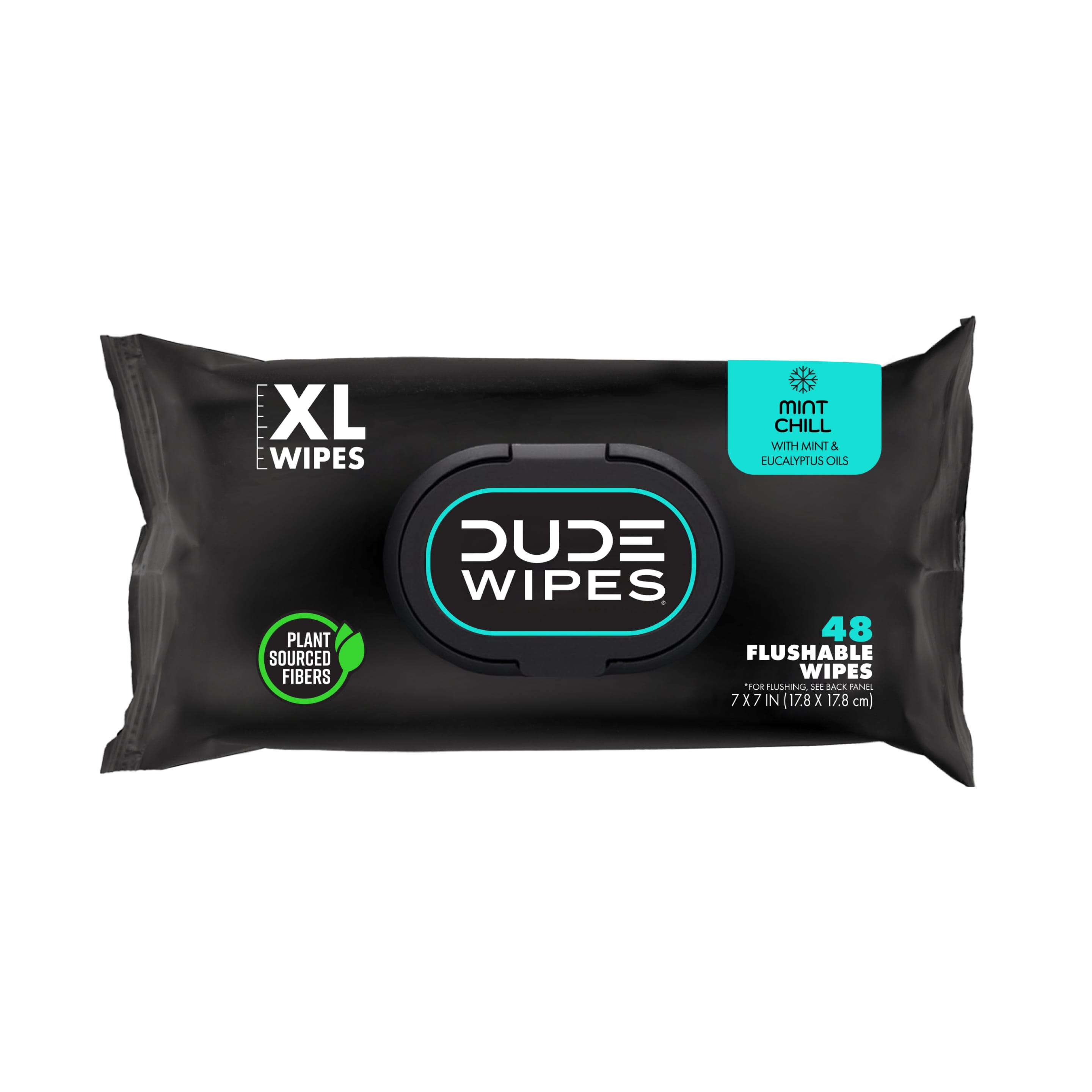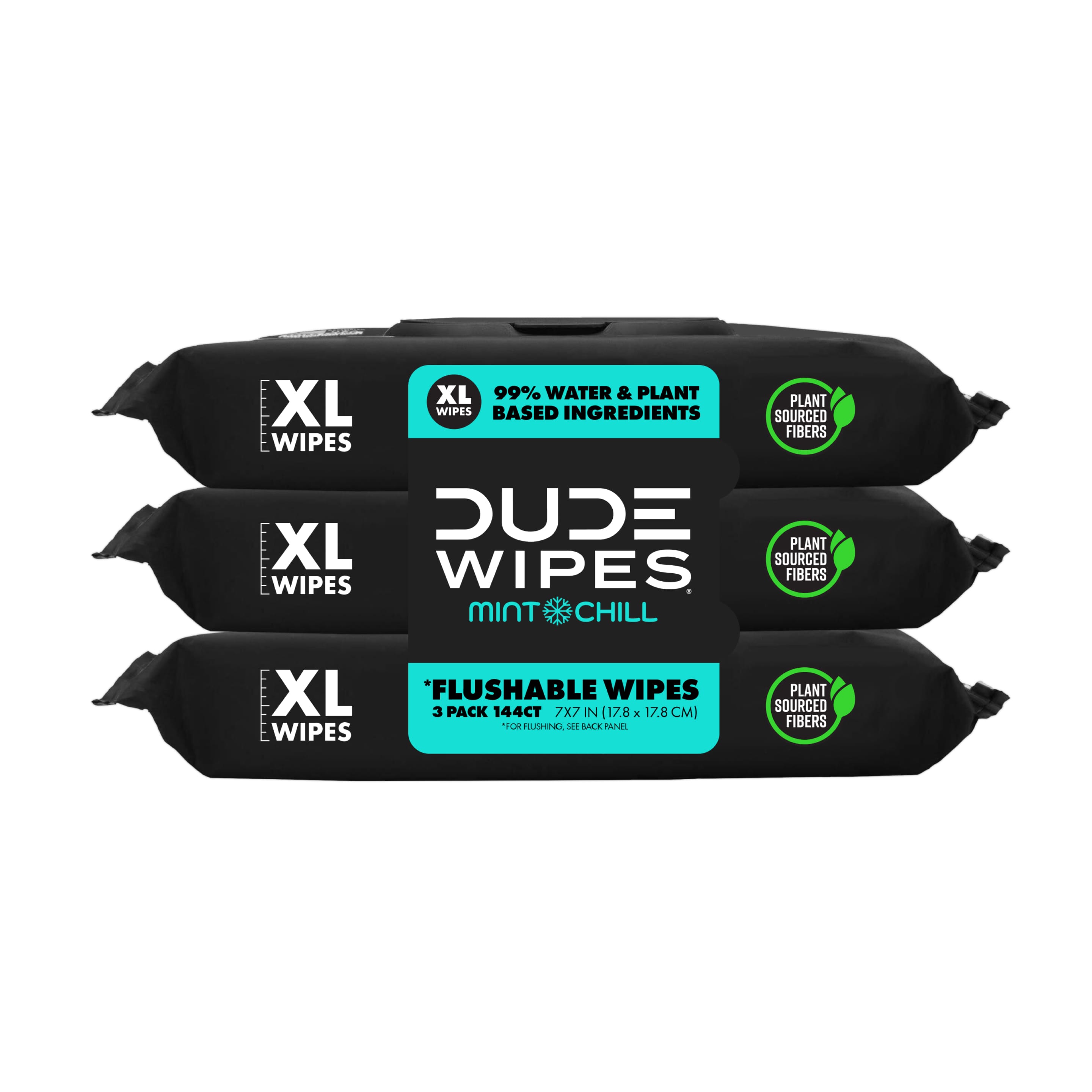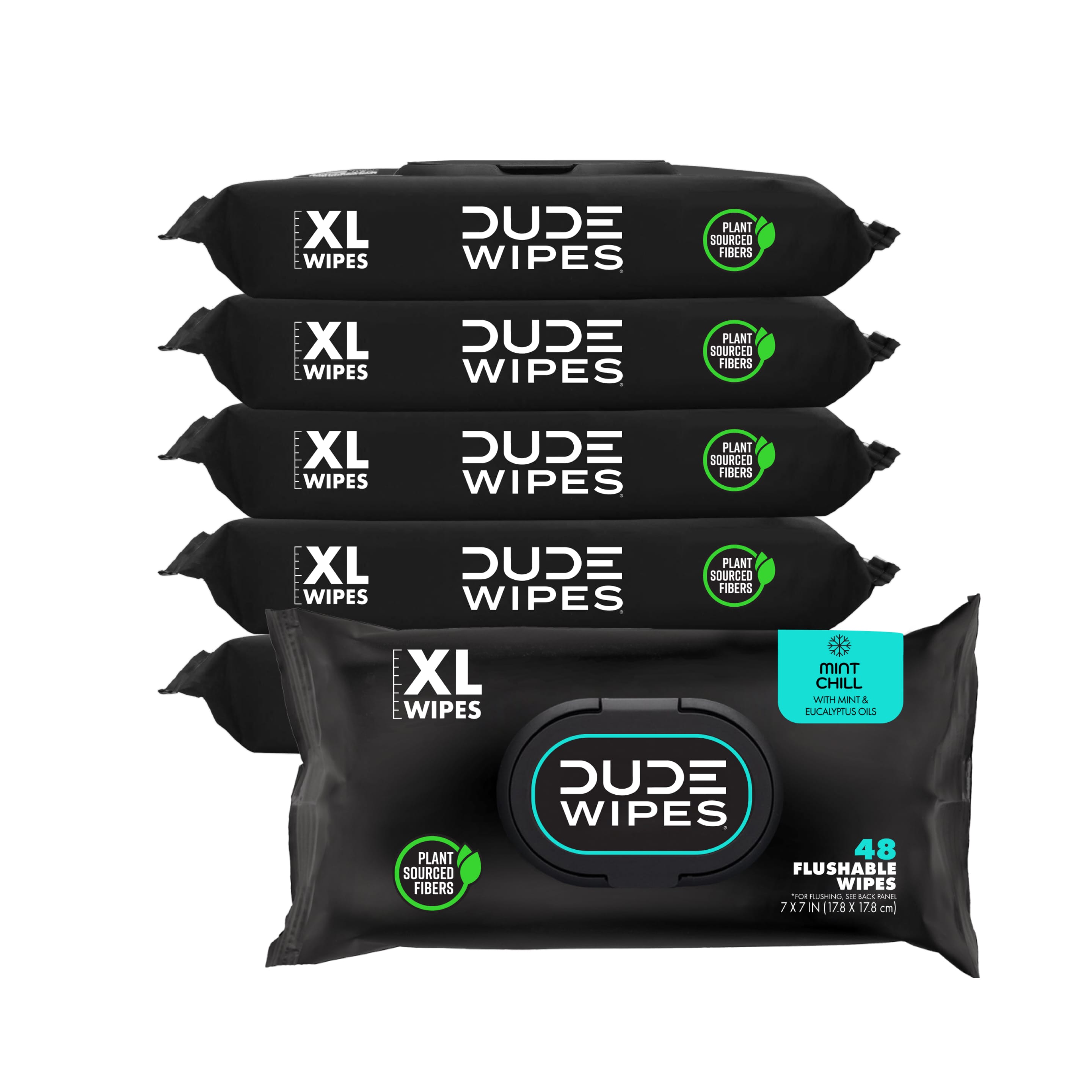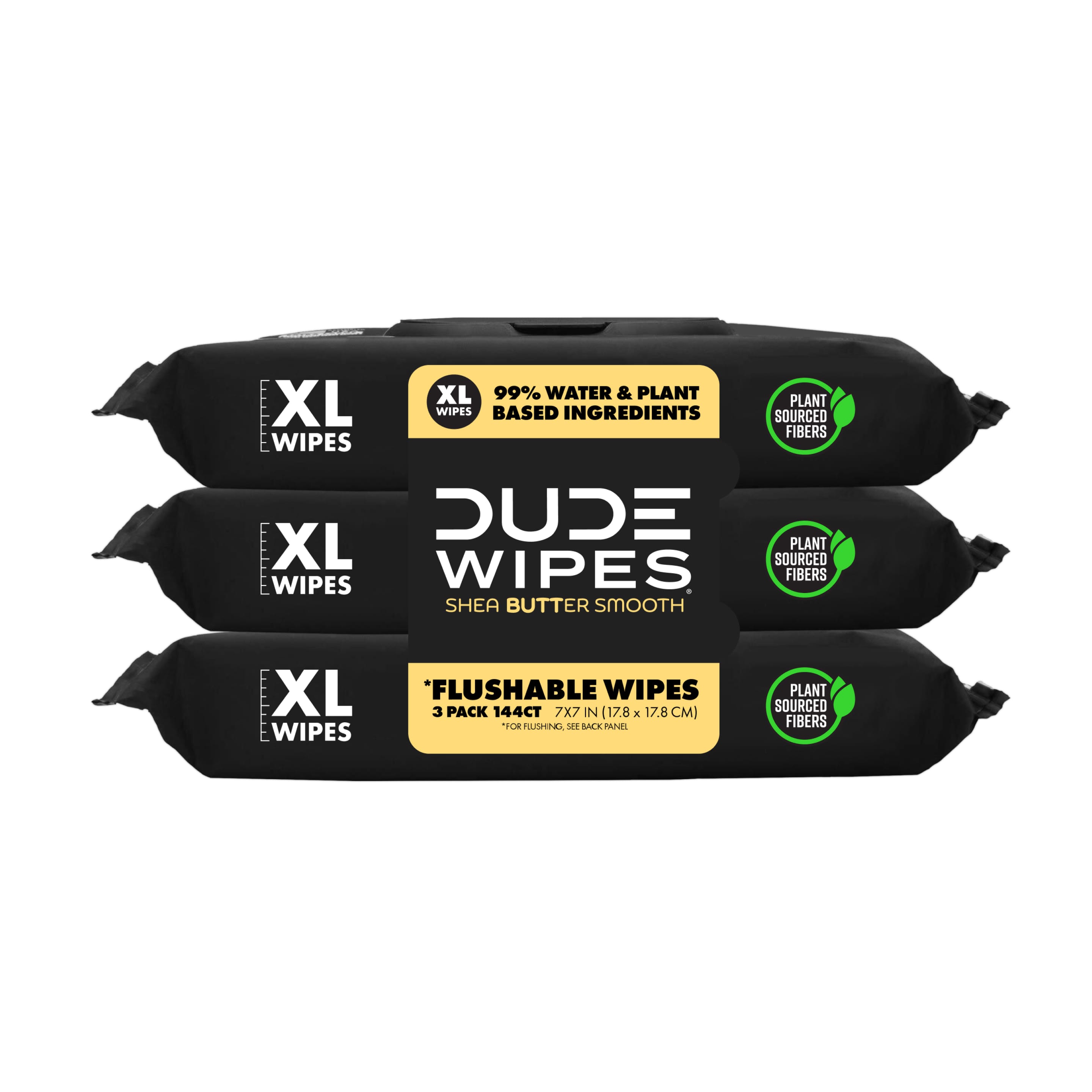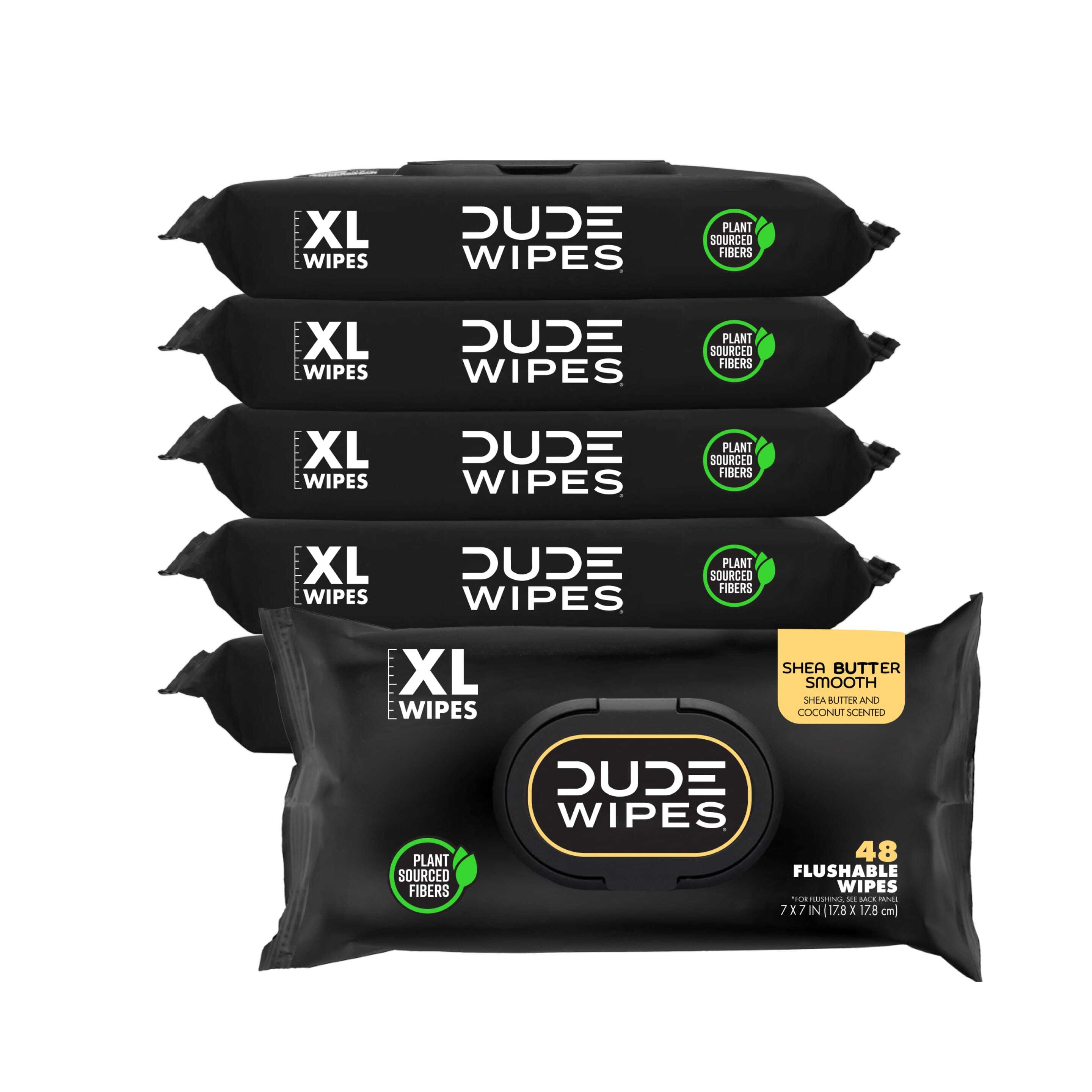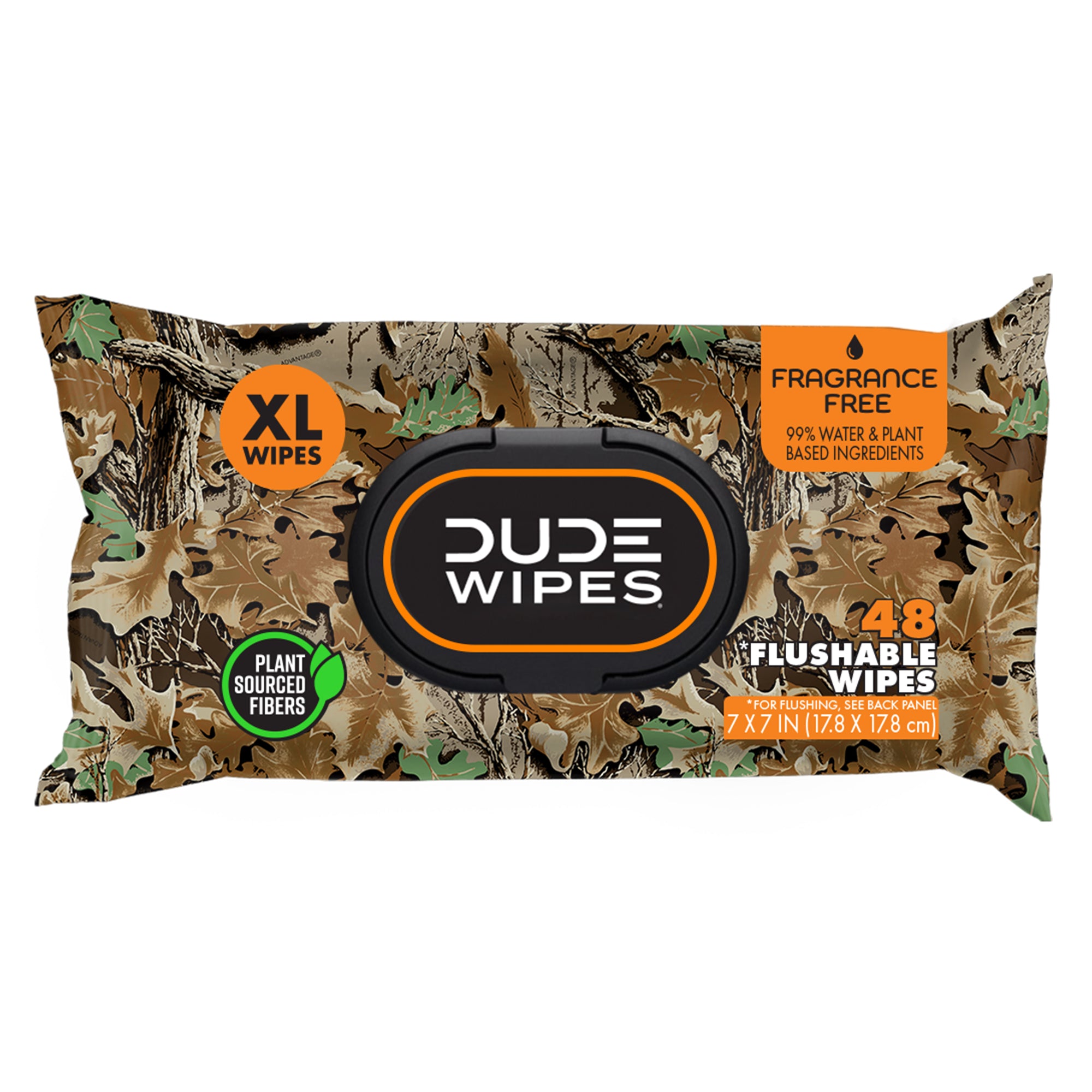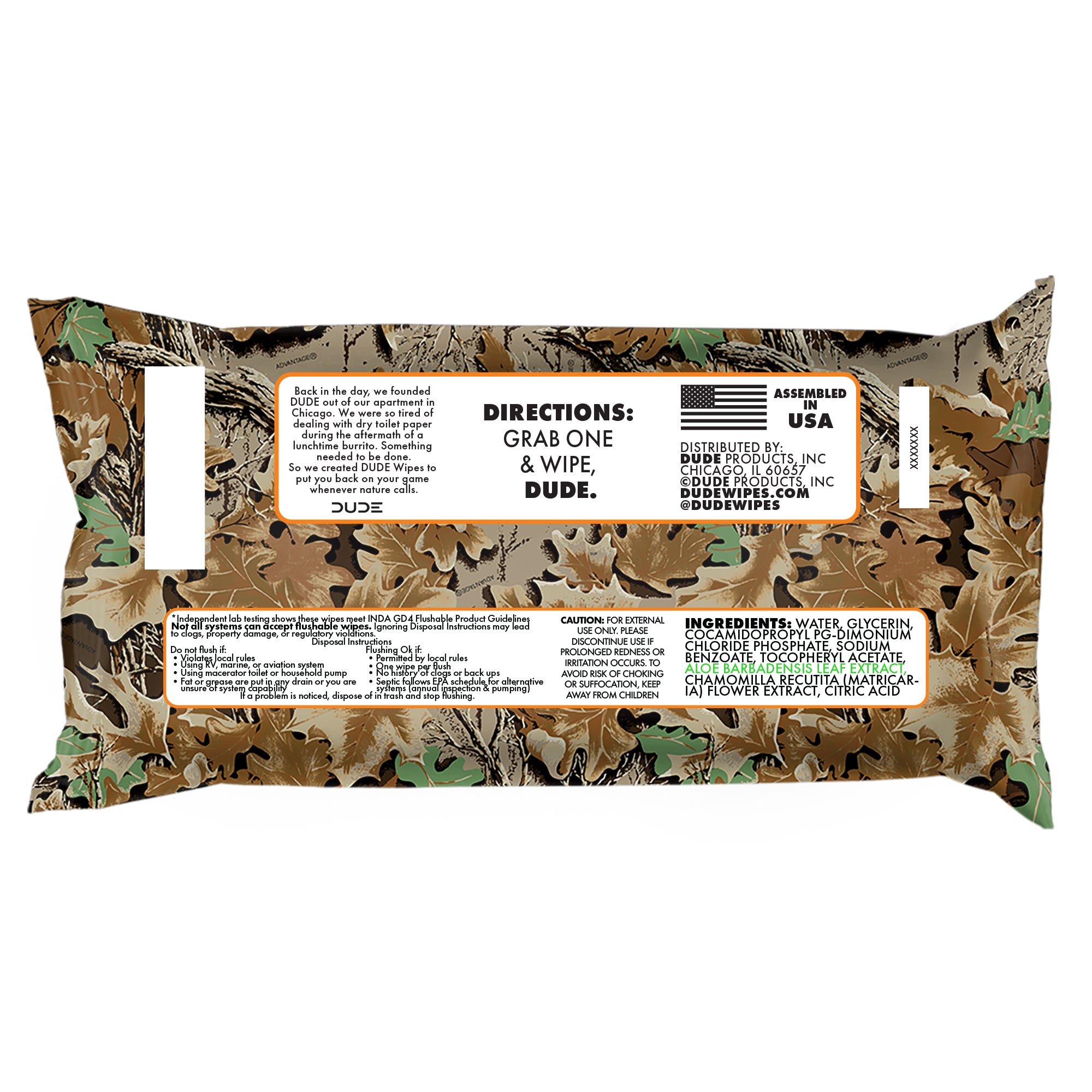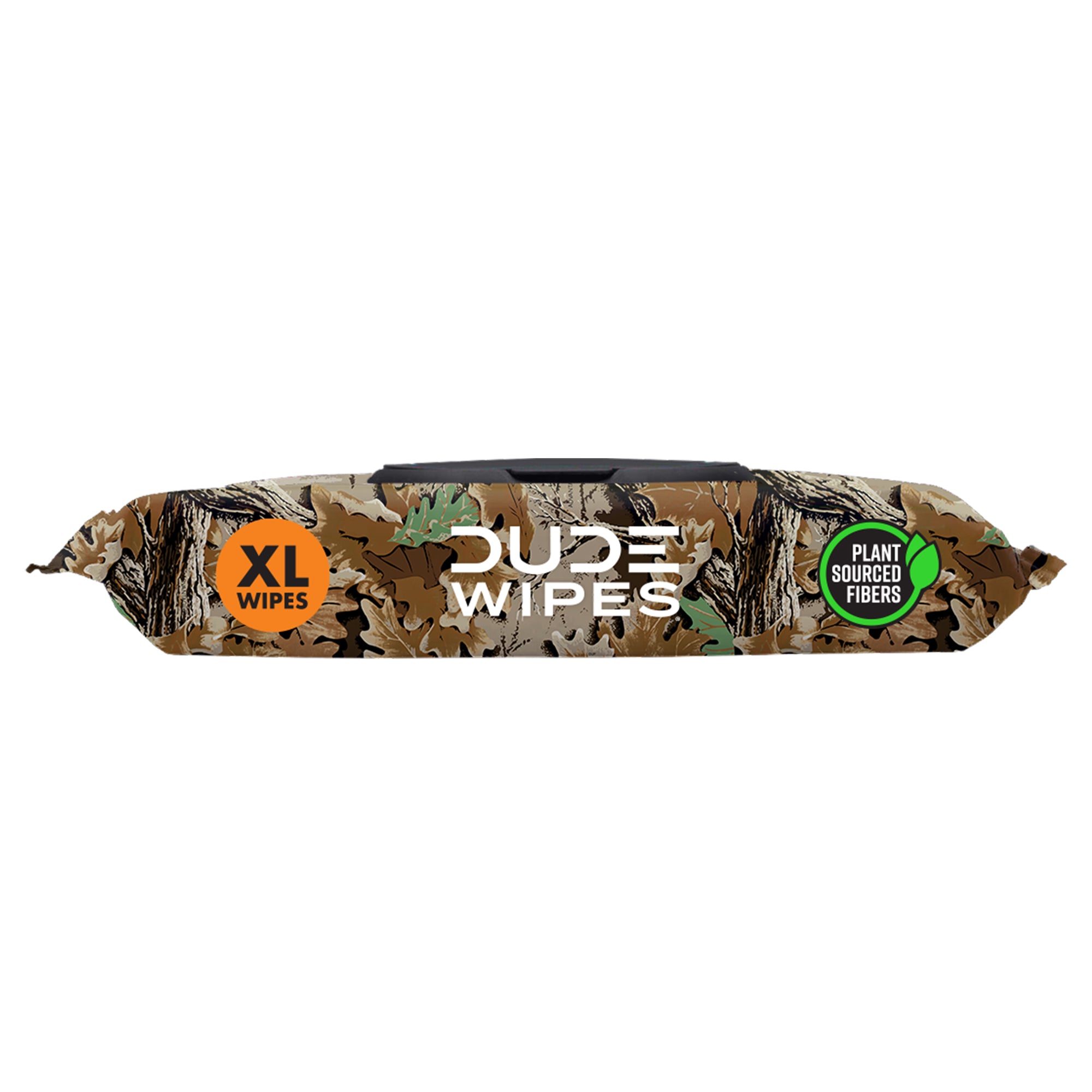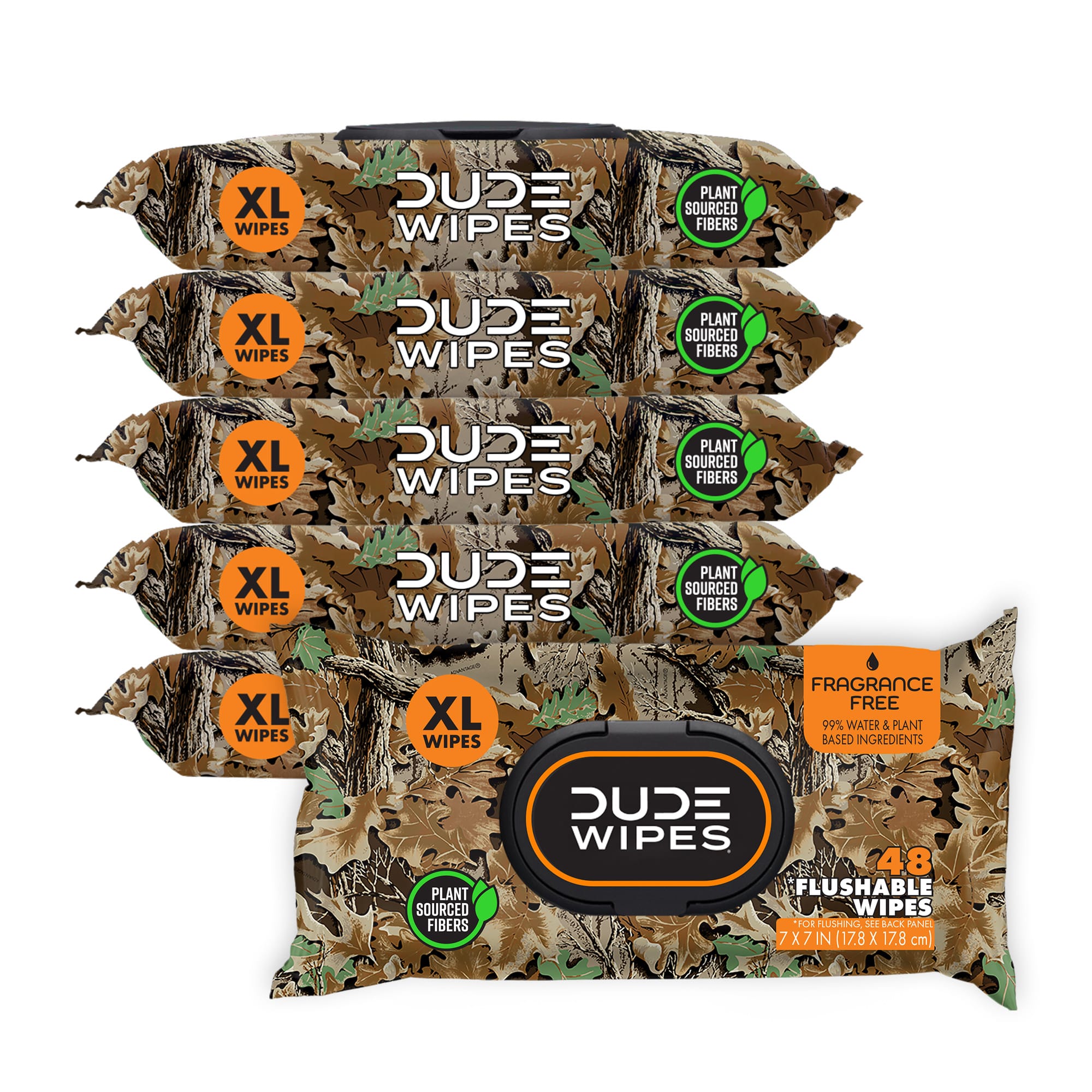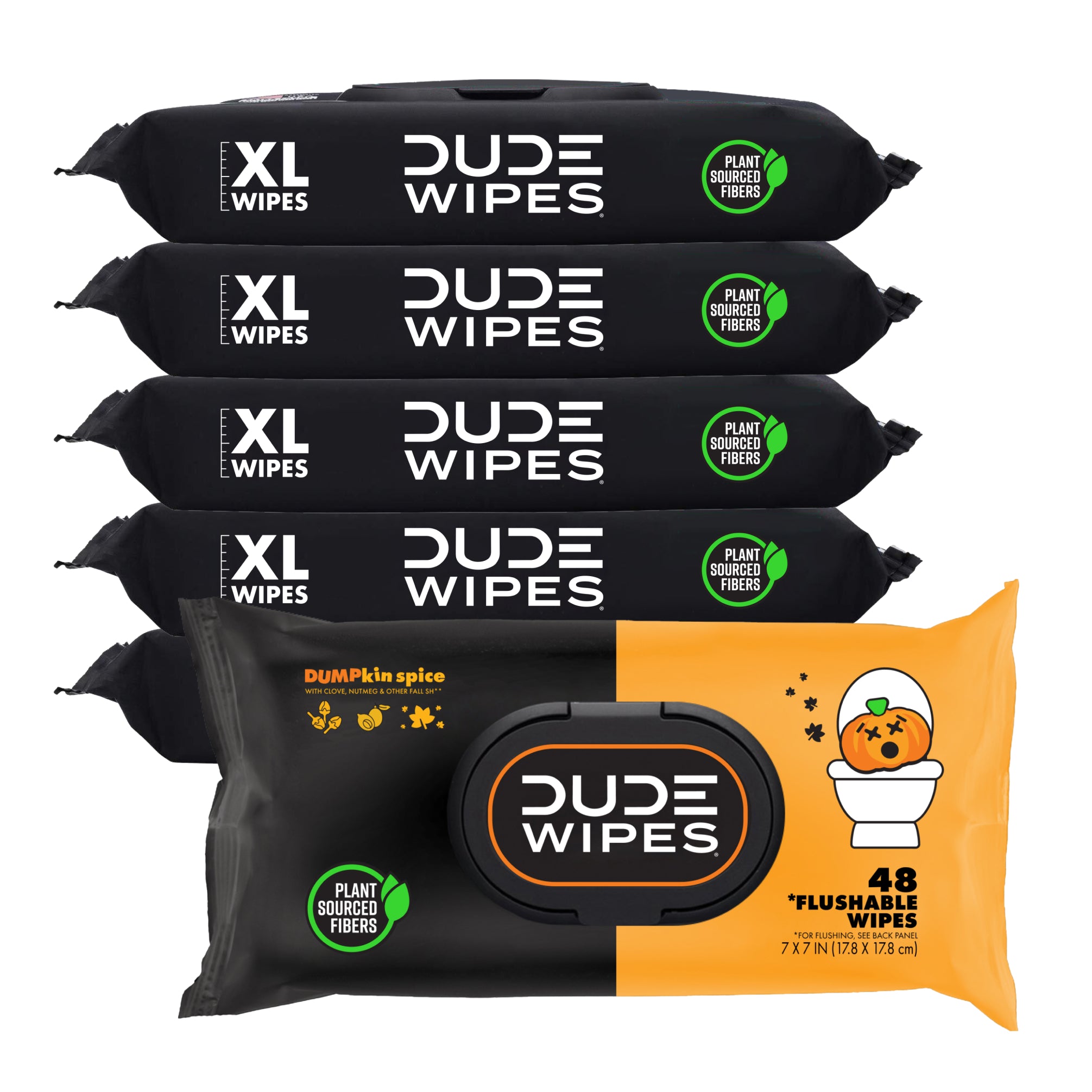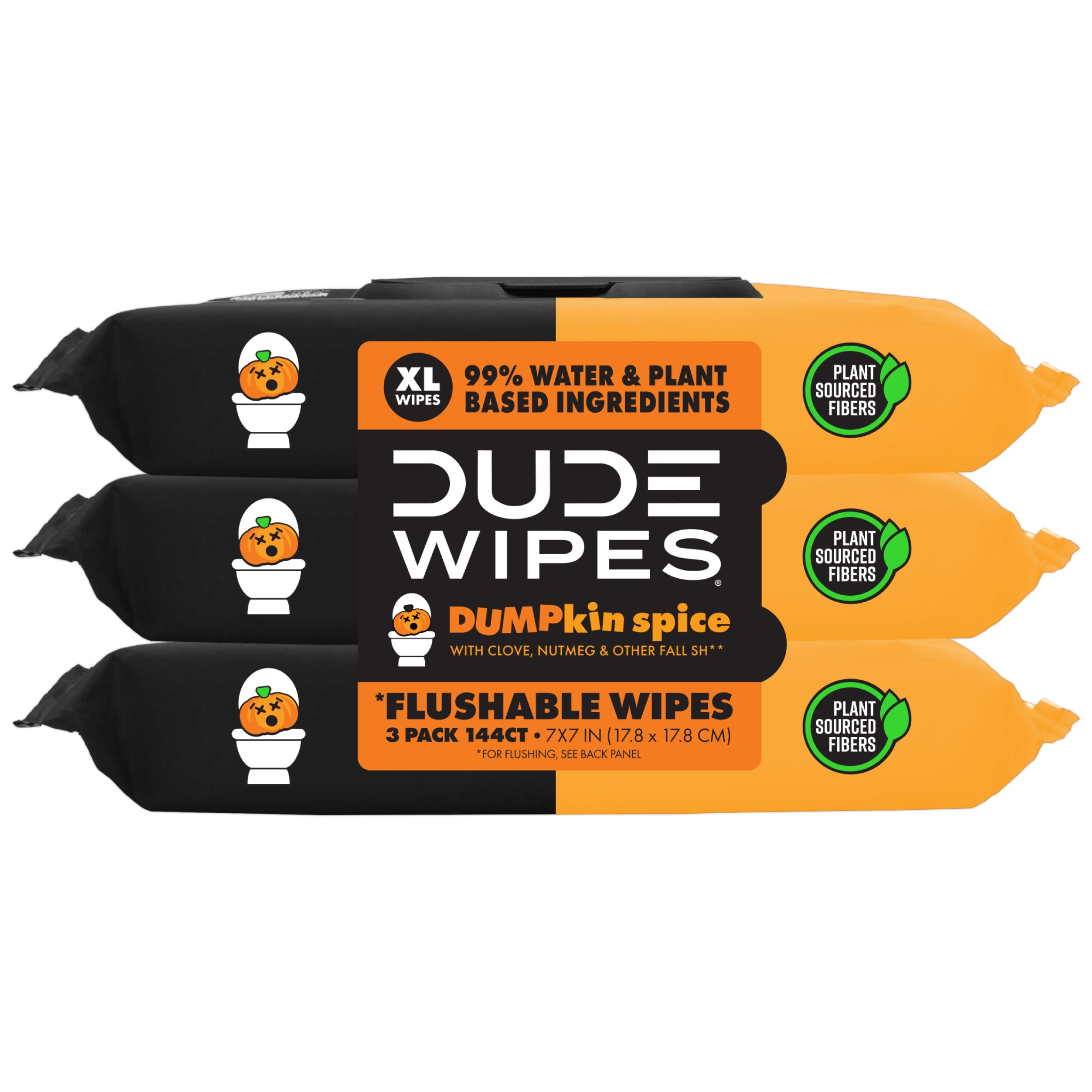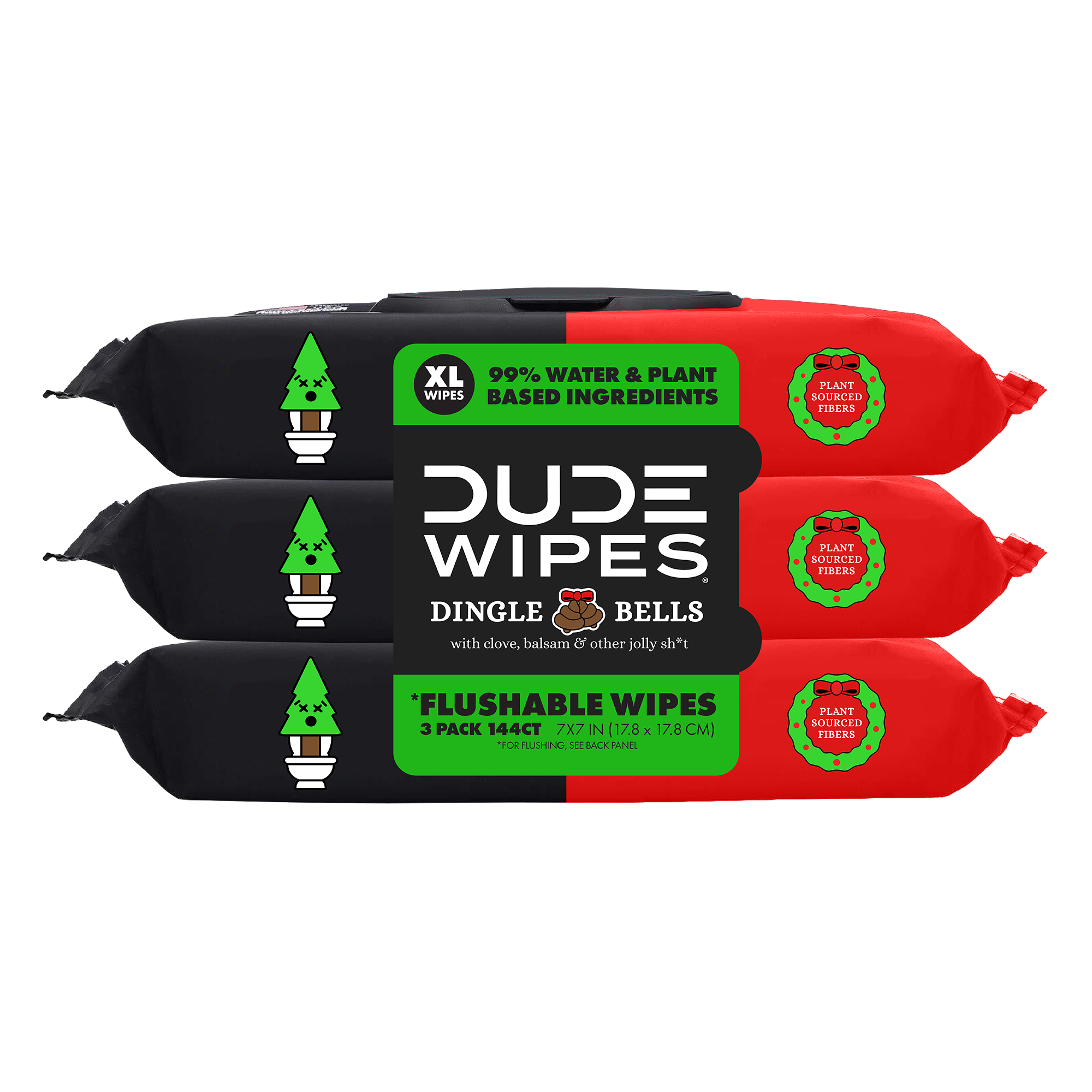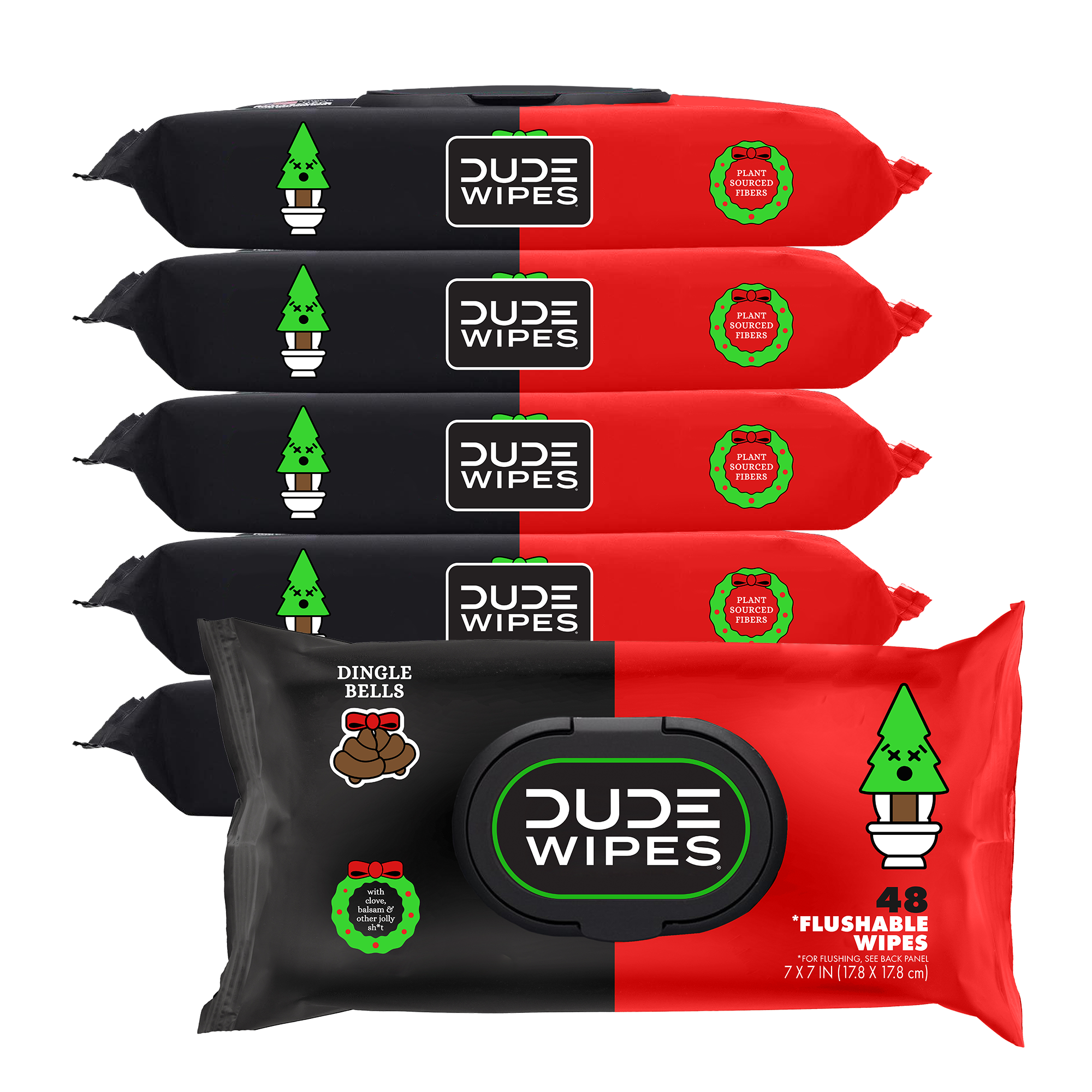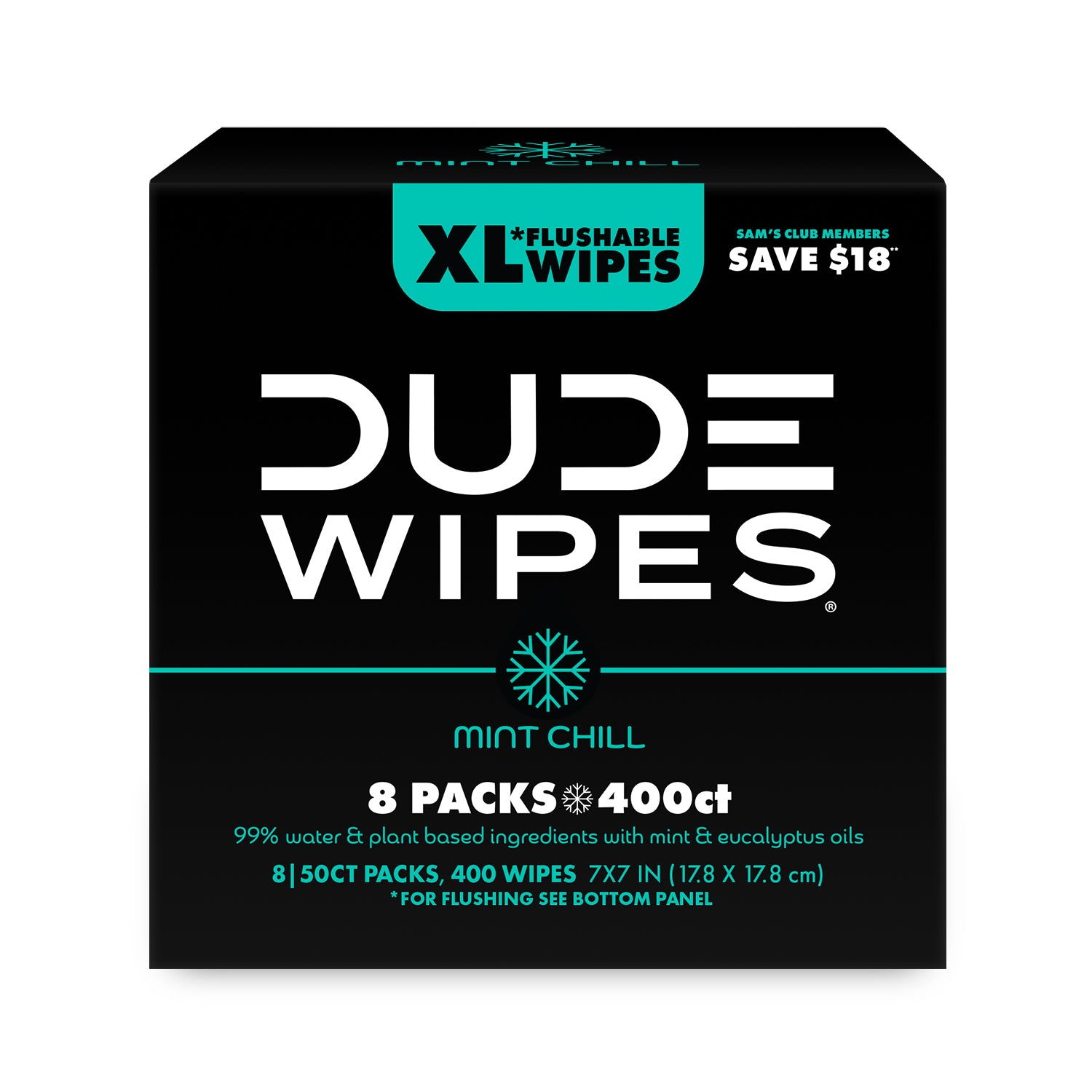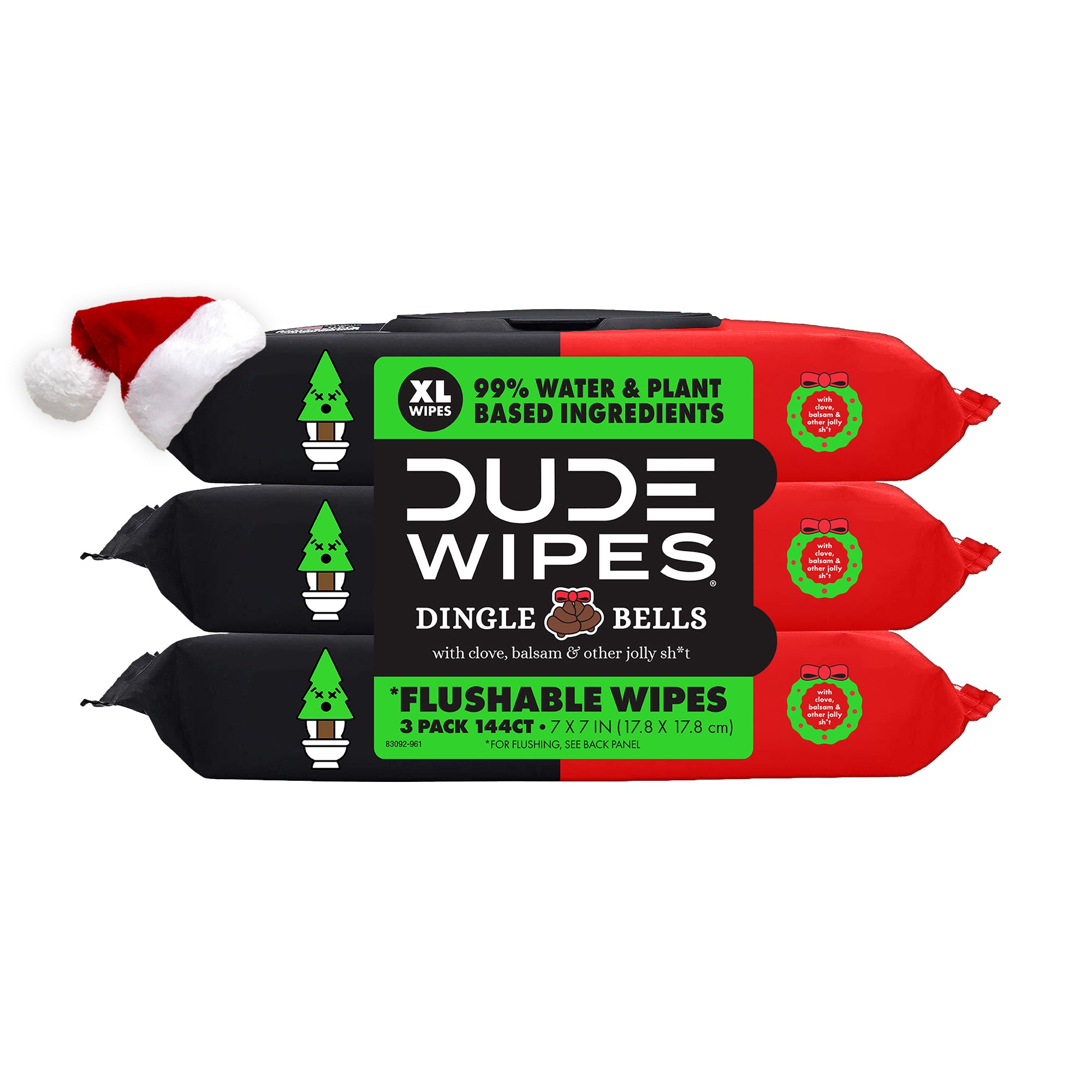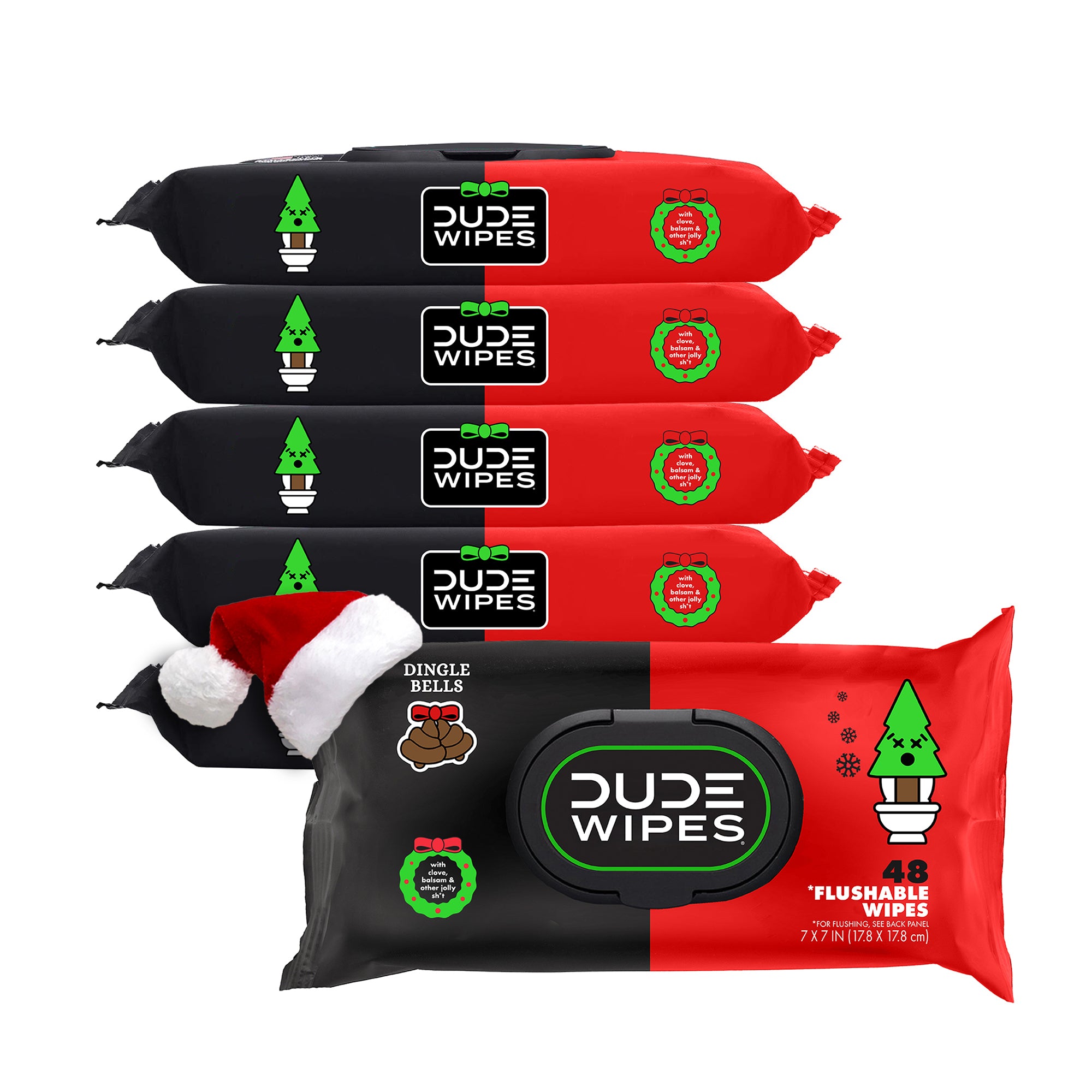Between the shame of holiday indulgences and the pressure to adopt a New Year’s Resolution, you might feel a sudden urge to actually take care of your body for once—even if it’s for a limited time.
Enter Dry January, or “Drynuary,” a time where millions of people don’t take a sip of alcohol for the entire month—or at least try not to.
Whether you enjoy a glass of wine on the weekends or you’re the dude who drowns his sorrows with a bottle of whiskey every night, abstaining from alcohol can be tough. It’s especially challenging as the COVID-19 pandemic lingers and there’s not much else to do on a Tuesday night except get tipsy and binge-watch Succession.
This raises the question: Is Dry January even worth it, especially if booze isn’t hurting your health? This article has all the information you need to answer that question. But first, how did the Dry January challenge start?
A Brief History of Dry January
Dry January (at least the official name) was trademarked in 2014 by Alcohol Change UK, a charity group that aims to reduce the harm caused by alcohol. That year, the organization reported over 17,000 Britons stopped drinking for that month.
Since then, global interest in Dry January has steadily increased every year. According to a Morning Consult study, 13% of American adults did Dry January in 2021. The most common reason for participating was “trying to be healthier” followed by “trying to drink less overall” and “reset drinking.” Nearly half of respondents cited “drinking too much during the pandemic” as a reason for starting the year sober.
Why Should You Try Dry January?
The occasional happy hour or glass of rosé at brunch can certainly make life more pleasant. But drinking alcohol in excess comes with a long list of threats to your health according to Mayo Clinic: liver disease, high blood pressure, high cholesterol, weight gain, a weakened immune system, mental health disorders, alcohol withdrawal syndrome, the list goes on.
So will cutting out alcohol for a mere 31 days reverse years’ worth of late-night benders? That’s unrealistic, but Dry January was never intended to be a miraculous cure for anything. Rather, it’s supposed to shift the way you think about your relationship with alcohol. That’s the idea behind the “sober curious” movement where people go alcohol-free for wellness reasons.
There is some evidence that Dry January can change your long-term drinking habits. A 2014 study by the University of Sussex found that 72% of Dry January participants kept “harmful drinking habits” like binge drinking down—and 4% still weren’t drinking after six months.
Dry January may not change your life, but you could experience short-term health benefits of curbing your alcohol use like better sleep, weight loss, and higher energy levels. One thing that’s certain is that you’ll save money, especially if you’re a bargoer instead of a home drinker.
Last, but certainly not least, you won’t have to worry about explosive hangover poops (AKA “beer shits”) for an entire month. That’s a win-win for your body and your toilet.
5 Tips to Make It Through Dry January
The health benefits of a 31-day booze detox are hard to ignore. But let’s be honest, being the guy (or gal) without a drink at a party can make you feel left out. Here are five tips to make Dry January suck less.
1. Find a Friend to Keep You Accountable
If you attempt a solo Dry January, you may be inclined to cheat. But getting a group of friends (or just one) to commit to the challenge will raise the stakes and make you less likely to reach for the bottle.
2. Swap Alcoholic Beverages for Something New
When you quit alcohol cold turkey, you may still have the desire to sip on something after a long day of work or at dinner. Water is boring and soda is only slightly healthier than booze, so switch it up with something that tastes good but still feels special.
There’s an endless amount of non-alcoholic beers and wines you can buy online, not to mention the “mocktails” that restaurants serve up for sober patrons. There’s also kombucha, which mimics the taste of fruit-forward beer (but beware, kombucha might make you poop).
3. Store Your Booze Outside Your Home
The first week of Dry January is the hardest to avoid temptations, so instead of risking it, just store your alcohol at someone else’s place until February 1st.
4. Identify Your Triggers
Many of us have activities or occasions we associate with drinking alcohol: restaurants, sporting events, the end of the workday, and of course, bars. The key is to recognize these “trigger” situations where you’re most tempted to drink and either avoid them or replace them with a healthy alternative like a workout or hobby to distract yourself.
5. Try Journaling
This might seem cheesy, especially if you’re new to writing privately in a journal. But it’s actually a useful exercise to stay on track with your habits and stay ahead of temptations.
Journaling can be as simple as answering a few questions at the end of every day: How do you feel mentally and physically? How strong is your urge to drink? What benefits have you experienced from avoiding alcohol?
Externalizing your thoughts can give you a greater sense of control, especially when you’re feeling discouraged or overwhelmed.
Don’t Worry If You Fall Off the Wagon
If Dry January is anything like New Year’s Resolutions, it’s safe to say most people won’t go the full 31 days without imbibing—especially if there are no consequences.
Don’t feel guilty if you slip up though. You’re not on an Olympic training regimen, so just start over the next day. Even if your sober streaks only last a few days at a time, you’ll have accomplished more than millions of Americans who drink every day.
If you hit the bottle hard on February 1st, just remember to stock up on DUDE Wipes because that hangover poop is about to wreck your toilet.

